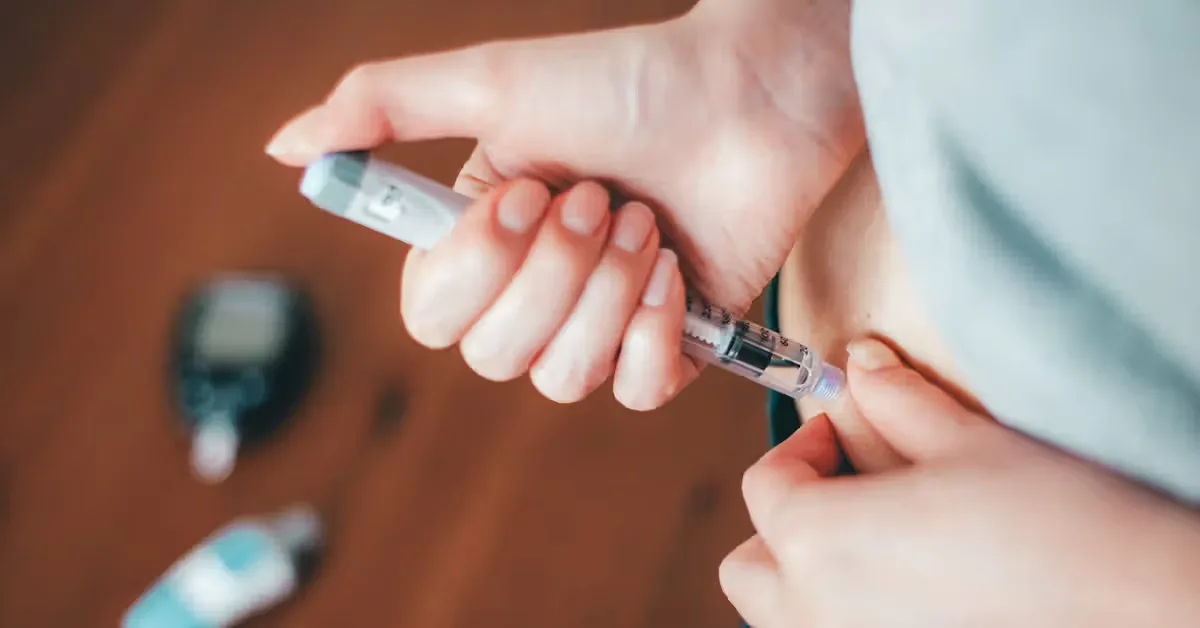Managing diabetes, especially type 1, often means a lifelong dependence on insulin injections. While insulin is life-saving, it also comes with challenges like dose miscalculations, frequent monitoring, and the risk of serious complications such as diabetic ketoacidosis (DKA). But now, a groundbreaking discovery could change the future of diabetes treatment.
The Power of Protein S100A9
Researchers have identified a naturally occurring protein, S100A9, that may serve as a powerful alternative to insulin. In lab tests, this protein has shown the ability to regulate blood sugar, ketones, and fat metabolism without relying on insulin. It interacts with specific liver cell receptors, triggering a chain of events that safely lowers harmful ketone levels and helps stabilize blood glucose.
What makes this discovery even more promising is that the protein works without causing inflammation—something that many alternative pathways struggle to avoid.
Potential to Prevent Diabetic Ketoacidosis
One of the most life-threatening complications of diabetes is diabetic ketoacidosis (DKA), a condition caused by extremely high levels of ketones in the blood. S100A9 appears to help prevent this by activating a pathway known as mTORC1, which helps the body regulate ketone production safely.
This means that in the future, S100A9-based therapies could not only supplement insulin but possibly replace it in certain situations—especially for those at high risk of DKA.
Why This Discovery Matters
This protein could revolutionize how diabetes is managed. Instead of constant injections and blood sugar tracking, patients may one day use S100A9-based medications that naturally balance their metabolic systems. It’s a step toward a future where living with diabetes becomes easier, safer, and more sustainable.
What’s Next?
Although this protein shows incredible promise, more testing and development are needed before it becomes widely available. Scientists are working on refining the therapy to ensure it’s safe and effective for humans. If successful, this could mark one of the most significant medical advancements in diabetes care in decades.




+ There are no comments
Add yours